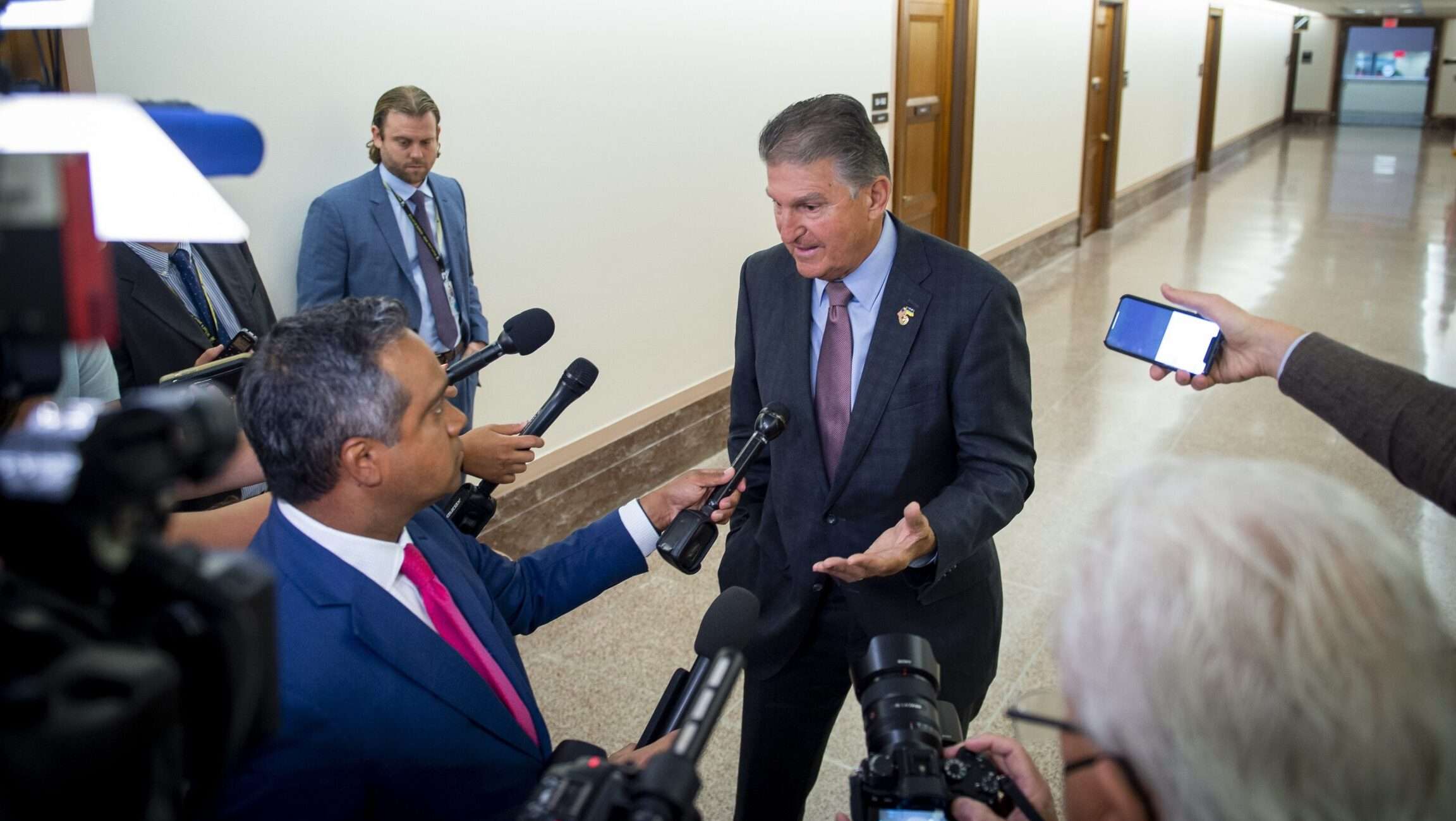- Joined
- Jan 25, 2012
- Messages
- 49,488
- Reaction score
- 15,381
- Location
- Texas
- Gender
- Male
- Political Leaning
- Conservative
I remember when they said Enron defrauded the banks because they borrowed money using the same collateralSome more bad math.
One version of the PACT toxic chems act increases spending by 200bn. So there goes any deficit reduction from this 'anti-inflation' bill's tax increases. The hypothetical revenue have already been spent on 10 different things.
for about seven different loans. I guess the same rules do not apply to the people who make the rules!

